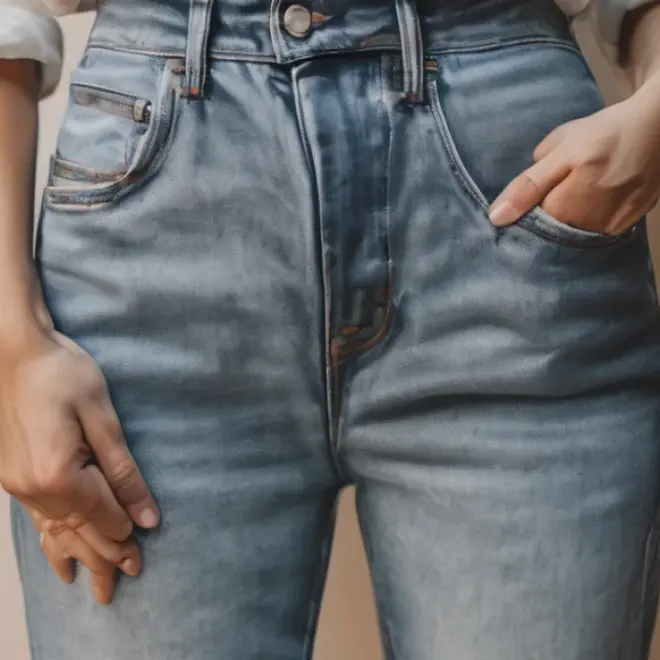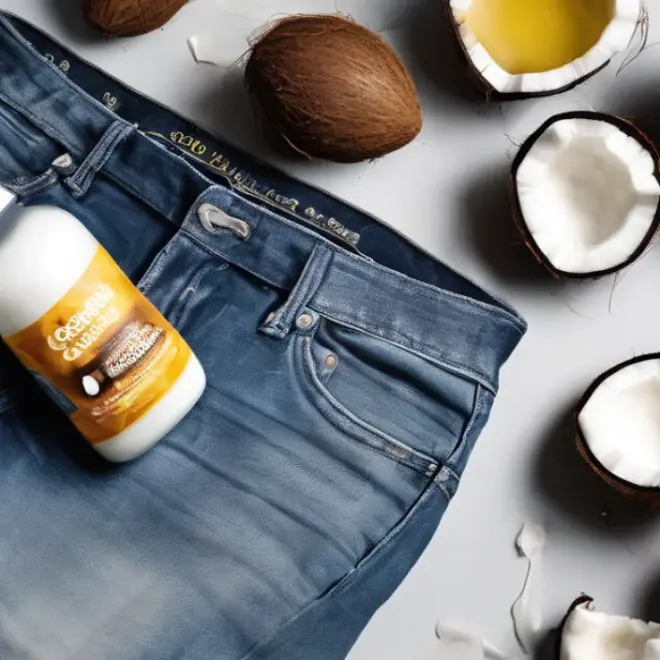Have you ever wondered what makes the human body so special? Our bodies are full of surprises and mysteries. Some of these hidden secrets are truly amazing. Imagine having a super-power machine, and you won’t be far off from describing the human body. Let’s dive into some amazing facts about the human body that will leave you in awe!
Key Takeaways
- The human brain is more powerful than a computer.
- Your heart beats around 100,000 times a day.
- Muscles produce heat to keep us warm.
- There are amazing facts about human body everywhere.
- Our bodies are constantly shedding dead skin cells.
The Brain: The Super Computer
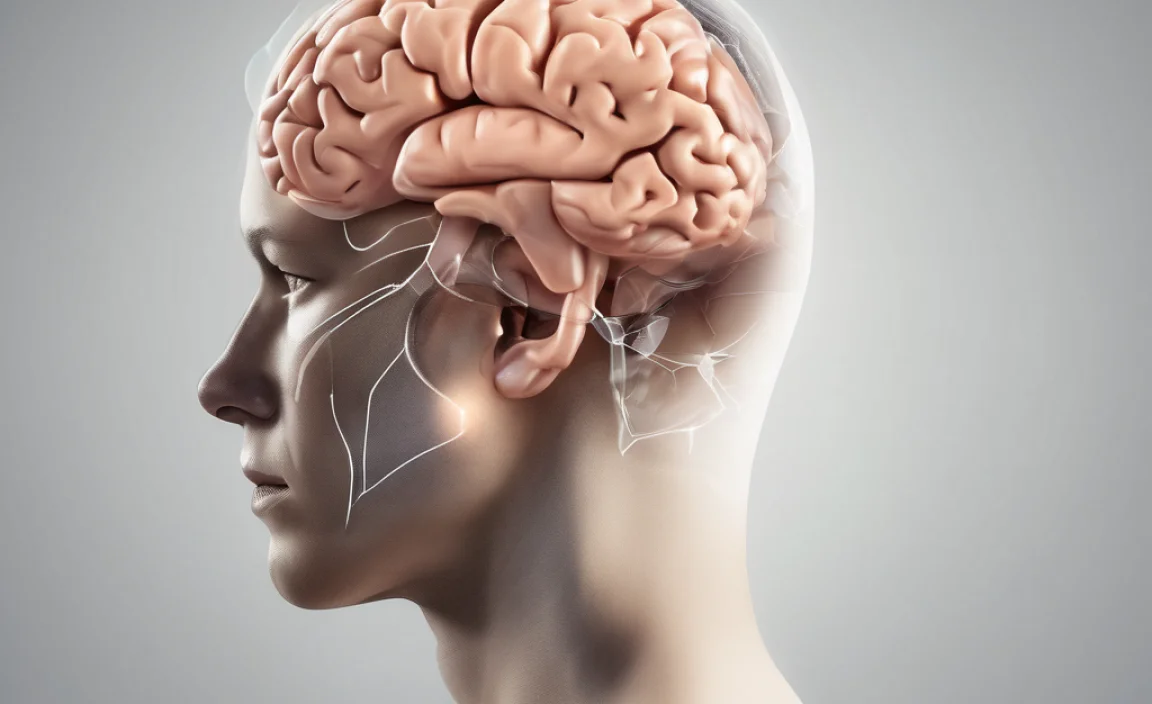
Did you know that your brain is like a super computer? It controls everything you do. It helps you think, learn, and remember. The brain is made up of billions of nerve cells called neurons. These neurons send signals to different parts of your body. They help you move, talk, and feel. The brain is always working, even when you’re asleep. It processes information and helps you understand the world around you. It’s truly one of the most amazing facts about the human body.
- The brain weighs about three pounds.
- It has more connections than there are stars in the galaxy.
- It uses 20% of the body’s energy.
- Information travels at 268 miles per hour.
- Your brain can hold more information than a computer.
- It has around 100 billion neurons.
- Brain cells live for as long as you do.
The brain is divided into different parts, each with a specific job. The frontal lobe helps with decision making. The temporal lobe handles memory and speech. The parietal lobe processes sensory information. Each part of the brain works together to help you live your best life. Fun Fact or Stats : Your brain generates about 20 watts of electricity, enough to power a small light bulb.
How Does the Brain Learn?
Have you ever wondered how the brain learns new things? Learning is a process where neurons connect and communicate. When you practice something new, your brain strengthens these connections. It’s like building a bridge between two islands. The more you practice, the stronger the bridge becomes. This is why practice makes perfect. Your brain loves challenges and puzzles. It grows and learns faster when it’s engaged with new tasks. So, keep learning and challenging your brain!
Why Do We Sleep?
Do you know why we need sleep? Sleep is essential for a healthy brain. It helps the brain recharge and process information. During sleep, the brain sorts through memories and stores important information. It’s like cleaning up a messy desk. Sleep also helps repair tissues and grow new cells. This is why you feel refreshed after a good night’s sleep. Without sleep, the brain struggles to function properly. It becomes hard to concentrate and remember things. So, make sure to get enough rest!
What Are Brain Waves?
Have you ever heard of brain waves? Brain waves are patterns of electrical activity in the brain. They change depending on what you’re doing or feeling. When you’re relaxed, your brain produces alpha waves. When you’re focused, it produces beta waves. Theta waves appear when you’re dreaming or meditating. Delta waves are present during deep sleep. These waves play a vital role in your daily activities. They influence your mood, thinking, and behavior. Understanding brain waves can help improve mental health.
The Heart: Our Lifeline
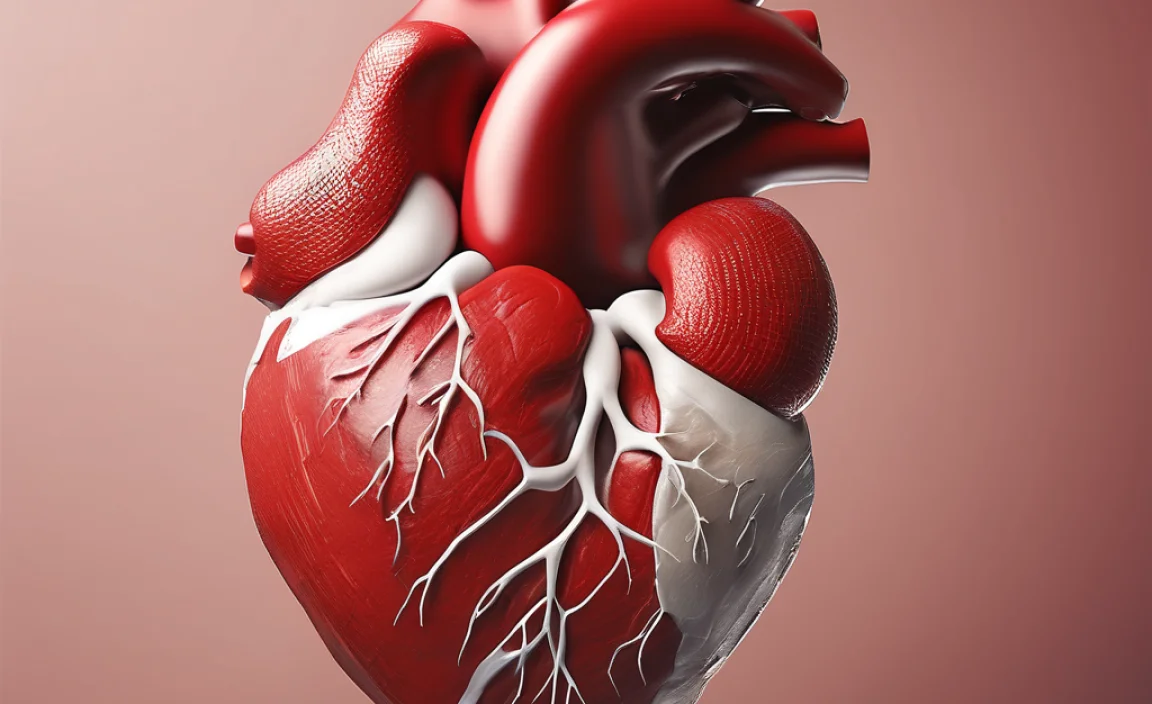
Your heart is an amazing organ. It pumps blood throughout your body. This blood carries oxygen and nutrients to your cells. The heart is about the size of a fist and beats around 100,000 times a day. It works tirelessly to keep you alive. The heart has four chambers: two atria and two ventricles. Blood flows through these chambers in a specific order. This process repeats over and over, keeping your body nourished and energized.
- The heart beats faster when you’re excited.
- It has its own electrical system.
- The heart can beat even outside the body.
- It pumps about 1.5 gallons of blood per minute.
- It beats around 35 million times a year.
- Exercising strengthens your heart.
- Laughing is good for your heart.
Your heart is a muscle that needs care and attention. Eating healthy foods and staying active can help keep it strong. Remember to drink plenty of water, too. Staying hydrated helps your heart pump blood more efficiently. Fun Fact or Stats : Your heart creates enough pressure to squirt blood 30 feet across!
How Does Blood Circulate?
Have you ever wondered how blood circulates through your body? The heart plays a key role in this process. Blood flows from the heart to the lungs. Here, it picks up oxygen and releases carbon dioxide. Then, the oxygen-rich blood returns to the heart. The heart pumps this blood to the rest of your body. Blood travels through arteries, veins, and capillaries. Arteries carry blood away from the heart. Veins bring it back. Capillaries connect arteries and veins. This cycle repeats continuously, delivering oxygen and nutrients to every cell.
What Makes the Heartbeat?
Do you know what makes your heart beat? The heart has a special electrical system that controls its rhythm. It starts with an impulse from the sinoatrial node. This impulse causes the heart to contract and pump blood. The process continues with the atrioventricular node. This coordinates the pumping action between atria and ventricles. The impulses travel through the heart, ensuring a regular heartbeat. Sometimes the heart beats faster, like when you exercise or feel excited. Other times, it slows down, like when you rest or sleep.
Why Is the Heart Important?
Why is the heart so important? The heart is vital for life. It ensures that oxygen and nutrients reach every part of the body. Without the heart, our cells would not get the energy they need. The heart also helps remove waste products from the body. It pumps blood to the kidneys and liver, where waste is filtered and removed. A healthy heart is crucial for overall wellbeing. Taking care of your heart improves your quality of life and helps you live longer. Treat your heart well, and it will keep beating strong!
Muscles: Our Body’s Powerhouse
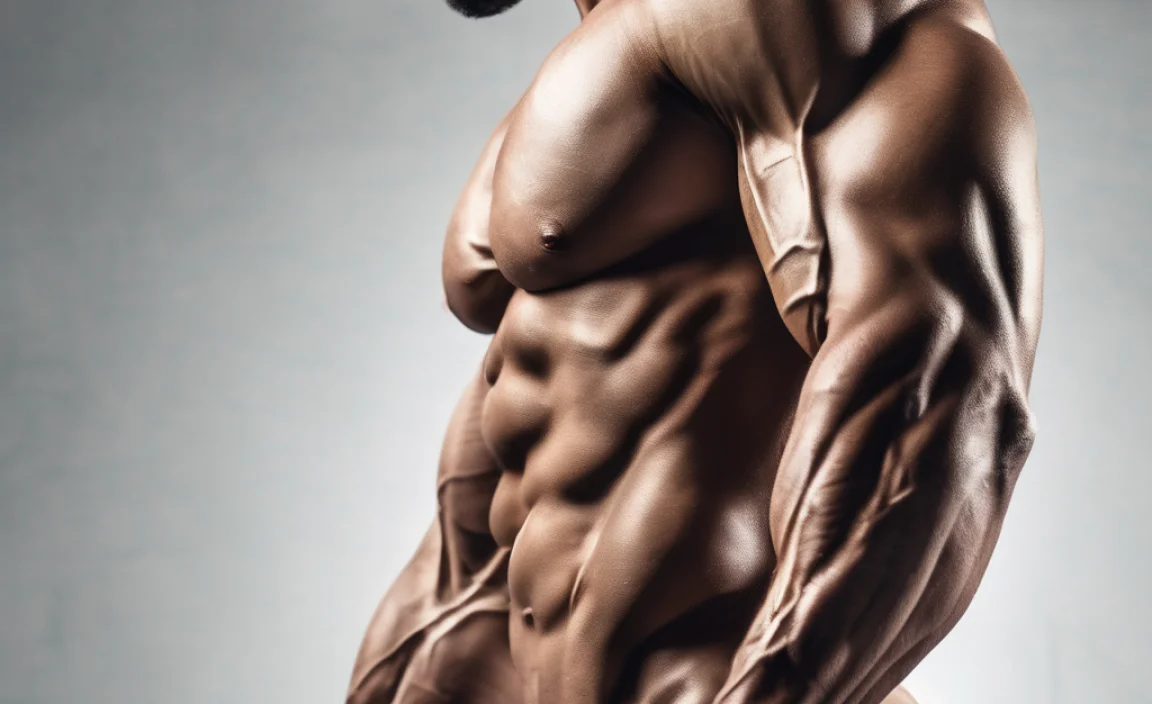
Did you know that your body has over 600 muscles? Muscles help you move, lift, and hold things. They work by contracting and relaxing. This movement allows you to run, jump, and play. Muscles are made up of fibers that can stretch and contract. They come in three types: skeletal, smooth, and cardiac. Skeletal muscles are the ones you control. They help with everyday activities. Smooth muscles work automatically, like in your stomach. Cardiac muscles are found in your heart, helping it beat.
- Muscles create heat to keep you warm.
- Smile uses around 17 muscles.
- Frowning uses 43 muscles.
- Muscles make up about 40% of your body weight.
- Exercise increases muscle strength.
- Muscles need protein to grow.
- Rest is essential for muscle recovery.
Your muscles are always working, even when you’re resting. They help maintain posture and balance. The more you exercise, the stronger your muscles become. Exercise helps increase muscle size and endurance. Eating a balanced diet with protein supports muscle growth. Make sure to get enough sleep, too. Rest allows muscles to repair and grow. Fun Fact or Stats : The strongest muscle in your body is the masseter, used for chewing.
How Do Muscles Work?
Have you ever wondered how muscles work? Muscles work by contracting and relaxing. This action creates movement in your body. When you decide to move, your brain sends a signal. This signal travels through nerves to the muscle fibers. The muscle then contracts, causing movement. Muscles work in pairs. While one contracts, the other relaxes. This allows smooth and controlled movements. The more you use your muscles, the stronger they become. Regular exercise helps keep muscles healthy and strong.
What Is Muscle Memory?
Do you know what muscle memory is? Muscle memory is when muscles “remember” movements. This happens when you practice an activity repeatedly. Your brain and muscles form a connection. This makes movements automatic and easier over time. Think about riding a bike or playing an instrument. At first, it may be difficult. But with practice, it becomes effortless. Muscle memory helps improve coordination and skill. It allows you to perform tasks without thinking. Keep practicing to build strong muscle memory!
Why Is Stretching Important?
Have you ever wondered why stretching is important? Stretching helps keep muscles flexible and strong. It improves your range of motion and prevents injury. Stretching increases blood flow to the muscles. This helps deliver oxygen and nutrients. It also helps remove waste products. Stretching can reduce muscle tension and relieve stress. Regular stretching keeps muscles healthy. It also improves posture and balance. Make stretching a part of your daily routine. Your body will thank you!
Senses: Our Connection to the World

Have you ever noticed how you experience the world around you? Our senses play a vital role in this process. We have five main senses: sight, hearing, taste, smell, and touch. Each sense helps us understand and interact with our environment. Sight allows us to see colors and shapes. Hearing lets us listen to sounds and music. Taste helps us enjoy different flavors. Smell enables us to detect scents. Touch allows us to feel textures and temperatures.
- The nose can detect over a trillion scents.
- The human eye can distinguish 10 million colors.
- Our ears never stop hearing, even when we sleep.
- Taste buds are replaced every two weeks.
- The skin is the body’s largest sensory organ.
- Senses help us navigate the world.
- Senses alert us to danger.
Our senses help us gather information about the world. They send signals to the brain, which processes and interprets them. This allows us to react and respond to our environment. Our senses work together to provide a complete picture of our surroundings. Taking care of our senses is important for a healthy life. Protect your eyes, ears, and skin from harm. Fun Fact or Stats : The average person has around 9,000 taste buds.
How Do Eyes See?
Have you ever wondered how eyes work? Eyes see by capturing light. This light passes through the cornea and lens. It then focuses on the retina, which is at the back of the eye. The retina contains special cells called rods and cones. Rods help us see in dim light. Cones help us see colors. These cells convert light into electrical signals. The signals travel through the optic nerve to the brain. The brain interprets them as images. This process happens in the blink of an eye!
How Do Ears Hear?
Have you ever thought about how ears hear sounds? Ears detect sound waves. These waves enter the ear canal and hit the eardrum. The eardrum vibrates, sending signals to the tiny bones in the middle ear. These bones amplify the vibrations and send them to the inner ear. The inner ear contains a fluid-filled structure called the cochlea. Hair cells in the cochlea convert vibrations into electrical signals. These signals travel through the auditory nerve to the brain. The brain processes them as sound.
What Is the Role of Taste Buds?
Have you ever wondered about taste buds? Taste buds are tiny sensory organs on the tongue. They help us detect different flavors. There are five main tastes: sweet, sour, salty, bitter, and umami. Each taste bud has cells that respond to specific flavors. When you eat, taste cells send signals to the brain. The brain processes these signals, allowing you to recognize and enjoy flavors. Taste buds are constantly renewing. They wear out and are replaced every two weeks.
Skin: Our Protective Shield
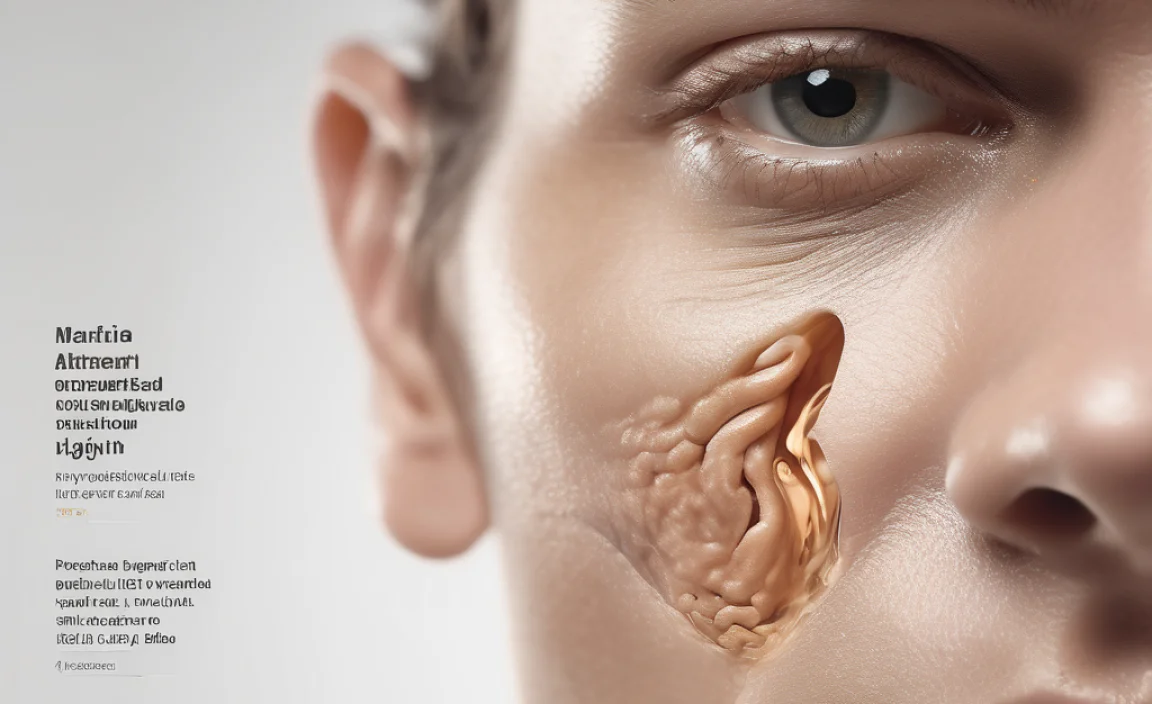
Did you know that skin is the largest organ in your body? It covers and protects everything inside you. Skin acts as a barrier, keeping germs and harmful substances out. It also helps regulate body temperature. Skin is made up of three layers: epidermis, dermis, and hypodermis. The epidermis is the outer layer, protecting you from the environment. The dermis contains blood vessels, nerves, and glands. The hypodermis stores fat and helps insulate the body.
- Skin renews itself every 28 days.
- It produces vitamin D from sunlight.
- Skin has its own pH level.
- It contains about 11 miles of blood vessels.
- Skin can stretch and bend.
- It has millions of bacteria living on it.
- Skin helps you feel sensations.
Skin plays a crucial role in protecting the body. It helps you sense hot, cold, and pain. Skin is also vital for maintaining hydration. The oil glands produce sebum, which keeps skin moisturized. Caring for your skin is important for overall health. Use sunscreen to protect from sun damage. Keep skin clean and hydrated with water and moisturizer. Fun Fact or Stats : You shed about 30,000 to 40,000 dead skin cells every minute.
How Does Skin Heal?
Have you noticed how skin heals after a cut? Skin has an amazing ability to repair itself. When injured, blood rushes to the area. This forms a clot to stop bleeding. White blood cells fight any germs and start the healing process. New cells form, replacing damaged ones. This leads to the formation of a scab, which protects the injury. Over time, the scab falls off, revealing new, healthy skin underneath.
Why Do We Get Goosebumps?
Have you ever wondered why we get goosebumps? Goosebumps are small bumps that appear on the skin when you’re cold or scared. They occur when tiny muscles at the base of hair follicles contract. This causes the hairs to stand up, creating bumps. Goosebumps are a reaction from our ancestors. When they had more body hair, it helped keep them warm. It also made them look bigger to scare off predators.
What Is the Purpose of Sweat?
Have you ever thought about why we sweat? Sweat helps regulate body temperature. When you’re hot, sweat glands release moisture. This moisture evaporates, cooling the body. Sweat is mostly water, but it also contains salts. The body constantly loses water through sweat. It’s important to stay hydrated by drinking water. Sweat also helps remove toxins from the body. It’s a natural and essential process for maintaining health.
Digestive System: Turning Food Into Energy
Did you know that your digestive system is like a food factory? It breaks down food into energy and nutrients. The digestive system starts with the mouth and ends with the large intestine. Food is chewed and mixed with saliva, which begins the digestion process. It travels down the esophagus to the stomach. Here, acids and enzymes break it down further. The small intestine absorbs nutrients, while the large intestine absorbs water.
- The stomach uses acids to digest food.
- The small intestine is about 20 feet long.
- Intestines contain beneficial bacteria.
- Digestion takes several hours.
- Fiber helps move food through the system.
- Enzymes break down proteins, fats, and carbohydrates.
- Hydration aids digestion.
Your digestive system is essential for health. It provides nutrients needed for energy and growth. Eating a balanced diet with fiber, fruits, and vegetables supports digestion. Drinking water keeps everything moving smoothly. Some foods, like yogurt, contain probiotics. These are good bacteria that help maintain a healthy digestive system. Fun Fact or Stats : The human stomach can hold about one quart of food at a time.
How Is Food Digested?
Have you ever wondered how food is digested? The process starts in the mouth. Chewing breaks food into smaller pieces. Saliva mixes with the food, beginning digestion. The food travels through the esophagus to the stomach. Here, stomach acids and enzymes break it down further. The food turns into a liquid called chyme. Chyme moves to the small intestine, where nutrients are absorbed. The large intestine absorbs water and forms waste. This waste is then eliminated from the body.
What Role Do Enzymes Play?
Do you know what enzymes do in digestion? Enzymes are proteins that speed up chemical reactions. They help break down food into nutrients. Each enzyme has a specific job. Amylase breaks down carbohydrates. Protease breaks down proteins. Lipase breaks down fats. These enzymes work throughout the digestive system. They make digestion efficient and effective. Without enzymes, our bodies couldn’t absorb essential nutrients. They’re key players in keeping us healthy.
Why Is Fiber Important?
Have you ever wondered why fiber is important? Fiber is a type of carbohydrate that the body can’t digest. It helps move food through the digestive system. Fiber adds bulk to stool, making it easier to pass. This prevents constipation. Fiber also helps control blood sugar and cholesterol levels. Foods high in fiber include fruits, vegetables, and whole grains. Eating fiber-rich foods keeps the digestive system healthy. Make fiber a part of your daily diet!
| Organ | Function | Length |
|---|---|---|
| Esophagus | Transports food to stomach | 10 inches |
| Stomach | Breaks down food with acid | 1 foot |





